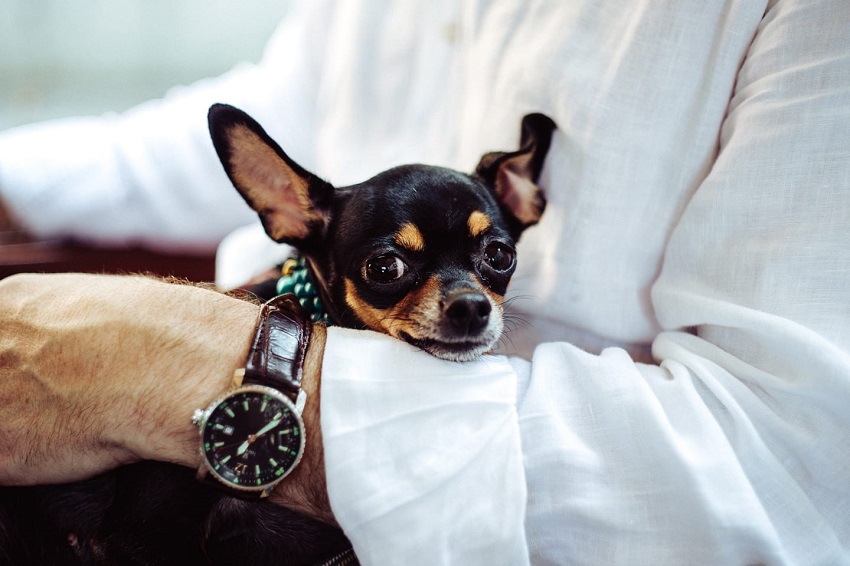When caring for a small dog, knowing a few basic things is essential. Please make sure they get plenty of exercise and avoid overfeeding. These dogs are susceptible and should be confined in a crate or cage if they get overly excited.
Exercise Routines Daily
Dogs can burn up to 240 calories per hour if they engage in an exercise routine. There are many ways to engage in physical activity with your small dog, from tug-of-war toys to yoga. Dogs love yoga, and it’s a great way to bond with your furry friend. Visit sites like Pawrade and you can get a small dog that matches your personality.
Dogs can go on many outdoor activities, including walking and cycling. However, there are some essential things to keep in mind. One of the most critical factors is temperature. Dogs can get overheated in hot weather, so remember to factor that into your exercise routine. If it’s hot outside, make sure to cool your dog down in a cool-down way. This can help your dog stay happy and healthy.
The first exercise routine for your dog should be walking. It would help if you started with a short walk and gradually increased the duration. It would help if you tried walking 45-60 minutes daily. You can also try jogging or running on trails. This is more comfortable for your dog’s sensitive paws.
Proper Feeding Schedule
A proper feeding schedule is essential for your small dog’s healthy growth and well-being. These small breeds burn energy quickly and require small meals daily. They should be fed one cup of dry dog food per pound of body weight daily, while larger breeds require more than two cups daily.
When it comes to feeding your dog, you should consider your lifestyle to determine the best time. A good rule of thumb is to provide them twice a day, either early morning at 7-8 am or 6 pm. This gives your dog enough time to digest its meal. If you leave home for an extended period, avoid feeding your dog right before you get home.
As you can see, creating a feeding schedule for your dog can be easy. It will make your life easier and give your dog the necessary nutrients. You can create a feeding schedule that works for you and your dog by asking yourself a few simple questions.
Preventive Veterinary Care
Routine preventive veterinary care is essential for your dog’s health. It consists of wellness exams, vaccinations, parasite prevention, and prescription medications. These preventative visits can also help detect diseases early. These visits also help your pet keep a healthy weight. Dogs that are overweight or obese are more likely to develop kidney disease and joint pain.
Many diseases can be transmitted to dogs by fleas and ticks. Some conditions include Lyme disease, Rocky Mountain Spotted Fever, Babesiosis, and Anaplasmosis. To prevent these problems, it’s essential to prevent fleas from infesting your dog.
Dogs can’t communicate their illness, so preventative care is crucial. A physical exam is essential; blood and urine tests will complete the picture. A preventive medicine checkup will help your vet determine if your dog has a problem early, improve treatment, and decrease costs.
Avoiding Overfeeding
Overfeeding a small dog can be dangerous because it can lead to obesity, so it’s essential to keep an eye on what you’re feeding your pet. Follow the feeding recommendations on the food packaging and your veterinarian’s advice. If you see your pet begging for food, it may be time to stop.
Dogs need the right balance of vitamins and minerals, and a diet lacking these nutrients can lead to health problems. This includes poor bone density, heart disease, and several other issues. In addition, overfeeding can cause obesity, which can be challenging to treat. Overfeeding can also lead to behavioral problems, so monitor your pet’s intake.
Overfeeding can also lead to digestive problems. The digestive system cannot correctly process foods if the body is overloaded with food. This can lead to gas and flatulence.




